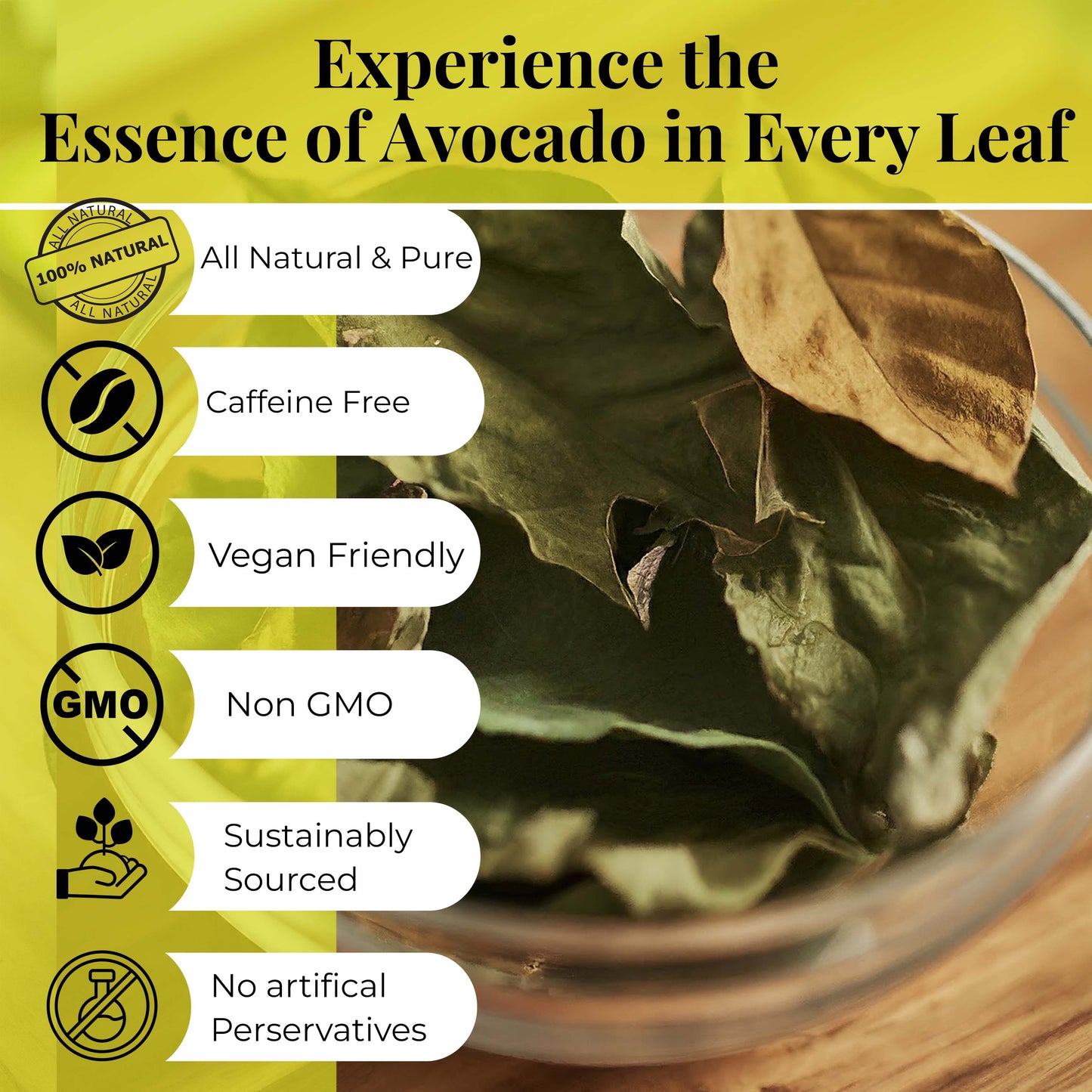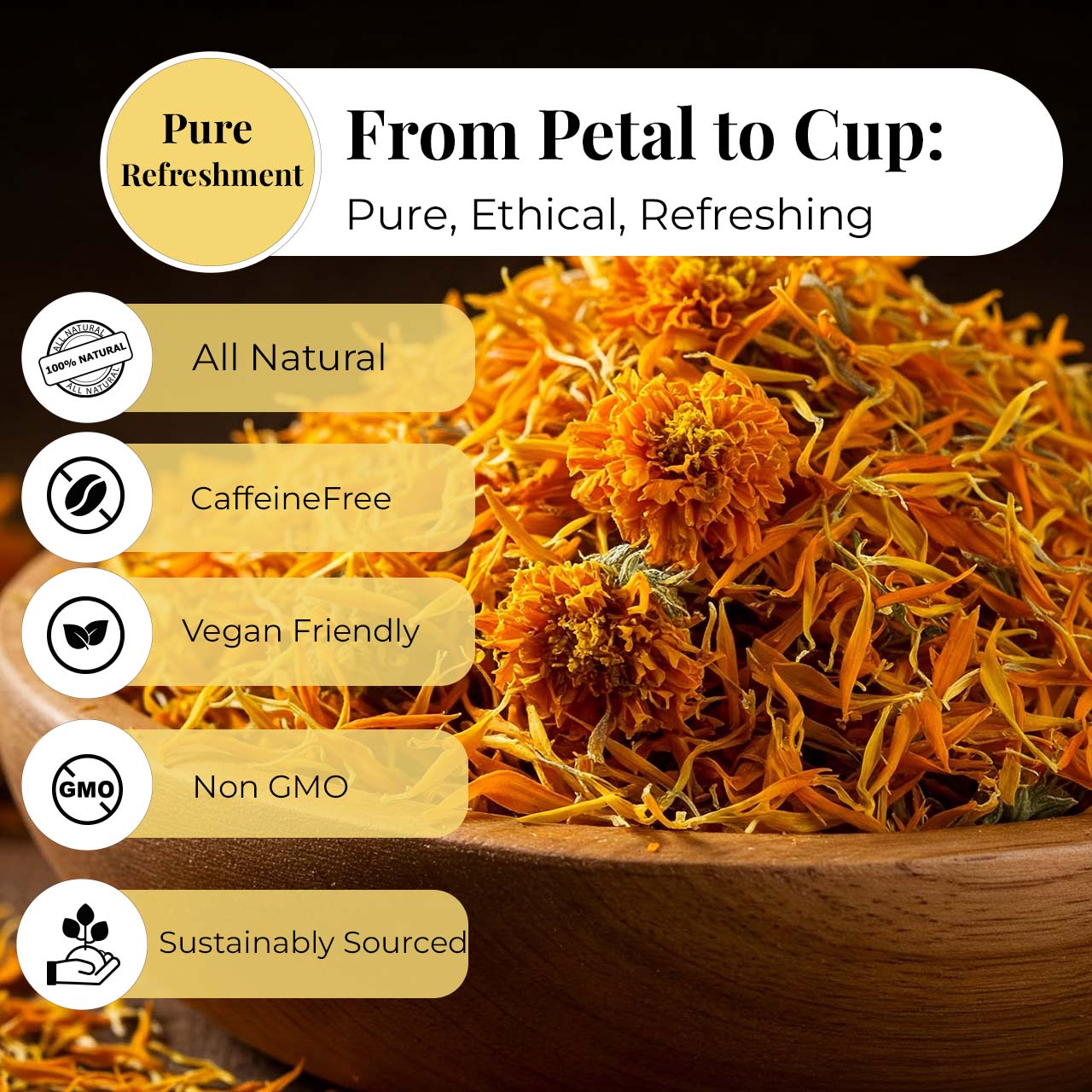Functional Spices for Inflammation & Anti-Aging: How Turmeric, Ginger, and Cinnamon Support Long-Term Wellness
Introduction
Inflammation and aging are two of the most talked-about wellness concerns today. Chronic inflammation is linked to joint pain, fatigue, metabolic issues, and accelerated aging of cells. As science advances, more people are turning to functional spices—ingredients used not only for flavor, but for health-supportive properties.
Spices like turmeric, ginger, and cinnamon contain powerful bioactive compounds that may help support the body’s natural inflammatory response, protect cells from oxidative stress, and promote longevity. For everyday wellness, incorporating these spices into meals, teas, and routines is becoming a global trend.
This guide explores what research says about these spices, how they work, how to use them safely, and practical ways to add them to your daily life.
What Are Functional Spices?
Functional spices are culinary spices that offer wellness-supporting benefits due to their bioactive compounds. They are used for flavor, but also for:
· Antioxidant support
· Inflammation support
· Cellular protection
· Digestive balance
· Metabolic health
Turmeric, cinnamon, and ginger are among the most widely studied in this category, making them ideal starting points for anti-inflammatory and anti-aging routines.
1. Turmeric: Curcumin and Anti-Inflammatory Support
Key Bioactive Compound
Curcumin is the primary active compound in turmeric. Research suggests it may help:
· Support the body’s natural inflammatory response
· Reduce oxidative stress
· Protect cells from damage
· Support joint comfort and mobility
Studies exploring curcumin have linked it to improved markers of inflammation due to its ability to interact with inflammatory pathways in the body.
Anti-Aging Benefits
Oxidative stress and chronic inflammation are major factors in premature aging. Turmeric’s antioxidant activity helps neutralize free radicals, supporting:
· Skin health
· Cellular longevity
· Recovery after physical strain
How to Use Turmeric Daily
· Add 1/2 to 1 teaspoon to soups and stews
· Stir into warm milk (turmeric latte)
· Brew turmeric herbal tea
· Combine with black pepper to support better absorption
2. Ginger: Digestive and Cellular Wellness
Key Bioactive Compounds
Ginger contains gingerols and shogaols, which may help:
· Support healthy digestion
· Soothe minor discomfort
· Support the body's inflammatory balance
· Provide antioxidant protection
Ginger is traditionally used to support gut health, and modern research highlights its relevance in wellness routines.
Anti-Aging Angle
Healthy digestion plays a role in nutrient absorption, energy, metabolism, and skin health. Ginger’s antioxidant properties also help protect cells from oxidative stress that contributes to visible signs of aging.
How to Use Ginger Daily
· Ginger herbal tea
· Fresh ginger in stir-fries
· Ginger-infused water
· Ginger powder in smoothies or baking
3. Cinnamon: Metabolic Balance and Antioxidant Support
Key Bioactive Compound
Cinnamon contains cinnamaldehyde, which has been studied for its antioxidant and anti-inflammatory properties. It may help support:
· Healthy metabolic function
· Blood sugar balance
· Cardiovascular wellness
· Cellular protection
Anti-Aging Benefits
By supporting metabolic balance and oxidative protection, cinnamon may help reduce factors associated with premature aging and fatigue.
How to Use Cinnamon Daily
· Sprinkle on oatmeal or yogurt
· Add to herbal tea
· Use in spice blends for cooking
· Add to baked foods in moderation
Can spices really help with inflammation?
Spices like turmeric, ginger, and cinnamon contain compounds shown in research to support the body’s natural inflammatory response. They are not a cure, but they may support overall wellness when used consistently as part of a balanced diet.
Are functional spices anti-aging?
Their antioxidant properties help protect cells from oxidative stress, a key factor in aging. While they don’t stop aging, they may support healthy aging and vitality.
How much should I consume daily?
Different studies use varying amounts, but generally:
· Turmeric: 1/2–1 teaspoon daily
· Ginger: 1–2 grams daily
· Cinnamon: Up to 1 teaspoon daily
Can I combine these spices?
Yes. Many people combine turmeric, ginger, and cinnamon in teas, soups, and wellness blends.
Are there any safety concerns?
· People on medication, especially blood thinners or diabetes medication, should consult a professional.
· Excessive cinnamon intake should be avoided.
· Always start with small amounts.
Simple Wellness Recipe: Turmeric-Ginger Cinnamon Tea
Ingredients:
· 1/2 tsp turmeric
· 1/2 tsp ginger
· 1/4 tsp cinnamon
· 1 cup hot water
· Optional: black pepper, honey, lemon
Method:
Mix, steep 5–7 minutes, and enjoy daily for warmth and wellness support.
Final Thoughts
Functional spices are a simple, natural way to support long-term wellness. With regular use, turmeric, ginger, and cinnamon may help support the body’s inflammatory balance, protect cells from oxidative stress, and promote healthy aging.
For consumers seeking everyday, accessible wellness, incorporating high-quality spices—like those offered by Akshar Herbs & Spices—can be an effective part of a long-term lifestyle approach.




























